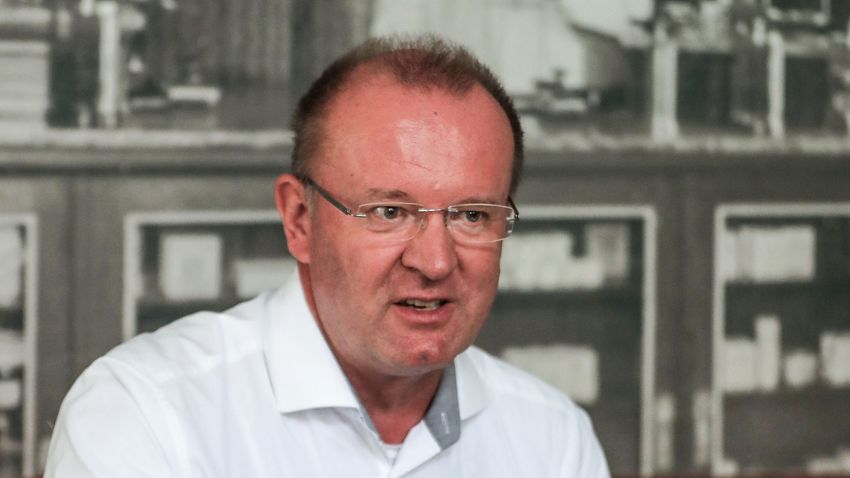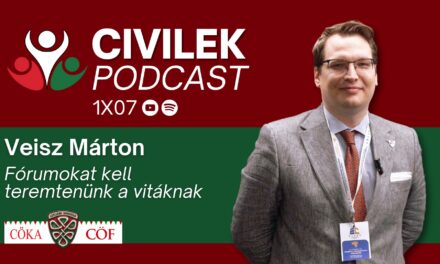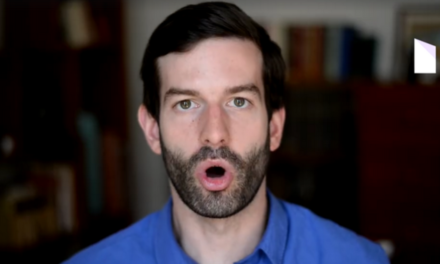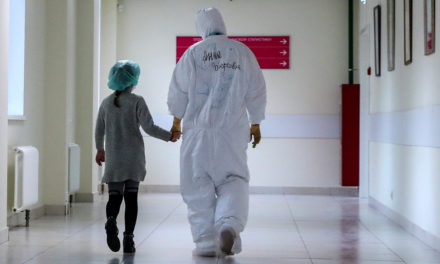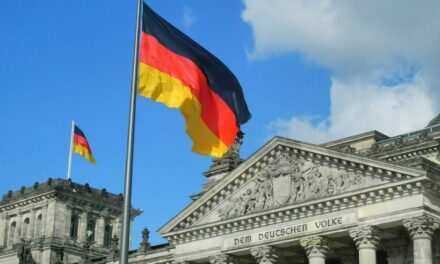East Central Europe is a new center of power in Europe, and Berlin must learn to live with it. Hungary is a democracy, and its leadership was chosen by its citizens - said Peter Hefele, the official think tank of the European People's Party, the German political director of the Wilfried Martens Center at the Mathias Corvinus Collegium event in Esztergom, in an interview with Magyar Nemzet. implementation and Angela Merkel's responsibility.
- Although the European People's Party (EPP) is the largest party family in the union, it is not in very good shape. In Germany, they were forced into the opposition, in France and Italy they are barely visible, in Spain and Poland they also only strengthen the opposition - and then we only listed the largest member states. Five to ten years ago, the political map of Europe was completely different. What happened to you?
– We are indeed facing a bumpy road ahead, but we are preparing with great strength for the 2024 European Parliament elections. We also want to innovate in political content, strategy and communication. As for France, I really don't see how our member party there, the Republicans, could get stronger. In Italy, the current processes may reorganize their party system in a few years - we'll see! Elections will be held in Spain next year, which can be hopeful for us. We are indeed a large family of parties, but this also makes our job more difficult compared to the others: a variety of interests from many countries, from right-wing member parties to those who take a centrist-liberal position, must fit under the umbrella of the People's Party.
- Do you agree that Germany is still the key to European politics? Since the election of Friedrich Merz as the president of the Christian Democratic Union (CDU), German conservatives have been hoping that the largest member party of the EPP can gain strength.
– Germany is indeed very important, but new centers of power have emerged in Europe, to which the war in Ukraine also contributed. Berlin also has to learn to live with this.
"What are these centers?"
– Central and Eastern Europe, but I could also mention the Nordic countries.
- The contrasts between the Polish-Hungarian-led Eastern Central Europe and the West have become prominent in recent years, which has led to friction within the People's Party as well. In the end, Fidesz said goodbye to the party family, while KDNP, which co-governed with it, remained inside. How deep do you see the West-East divide in Europe?
– There are also other types of faults, such as within the western countries, along the north-south dividing line. How many years has Hungary or Poland been a member of the EU? Let's not talk about "old" and "new" Europe just yet!
– I wasn't thinking about the continuation of the Cold War divide, but about the fundamental disagreements in today's Europe...
– This is a question of what kind of Europe we want to live in. This is something that the EPP should seriously consider and debate. We do not want more European unification at all costs. Unlike the left-wing and green parties, for example, we believe that in matters of education and culture, these should be left under the jurisdiction of the nation-states. Such matters must be decided at the level of the latter - this is called subsidiarity, to which we always refer back. The European Commission is not competent in these matters.
- According to them, you are a great friend of Hungary, since this is precisely what led to the many disputes of the Hungarian leadership with Brussels...
- Look, Hungary is a democracy, and its citizens elected its leadership. It is not the business of the European Commission to interfere in the affairs of member states, unless fundamental human rights are at stake, but I do not see this as the case.
The full interview is available by CLICKING HERE
Cover photo: Peter Hefele, official think tank of the European People's Party, German political director of the Wilfried Martens Center (Photo: Magyar Nemzet / Zoltán Havran)

